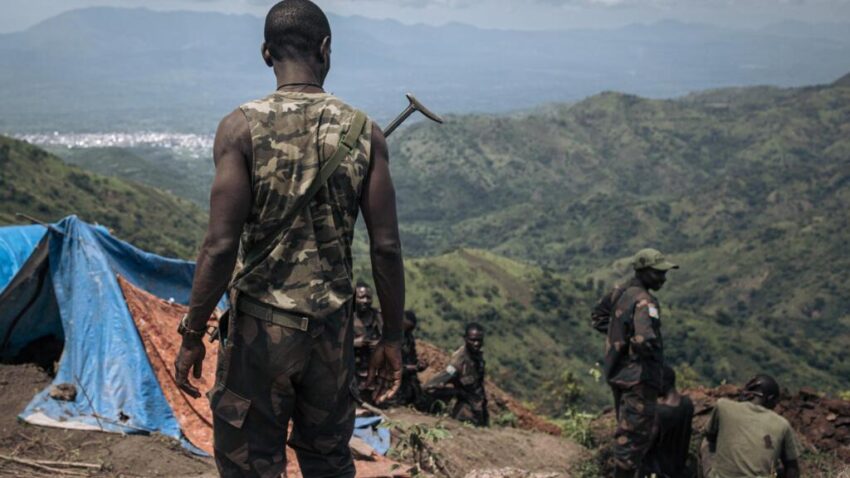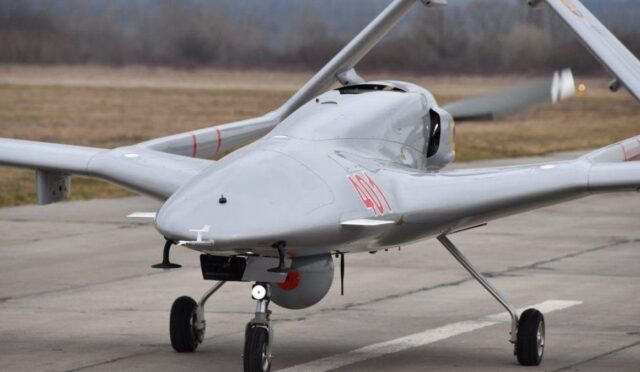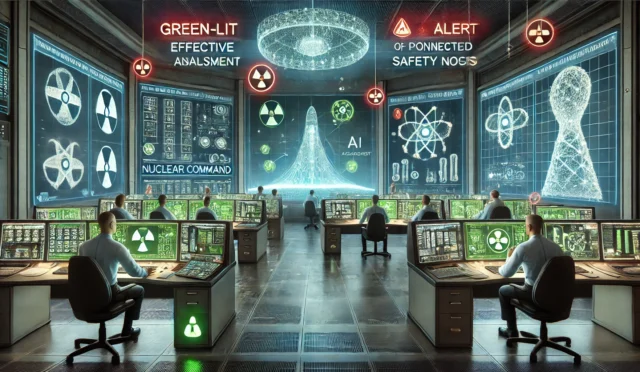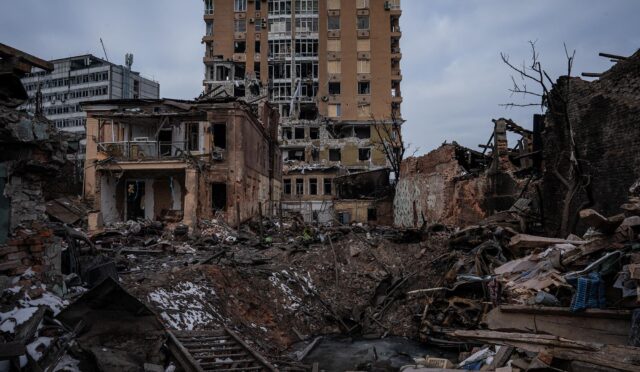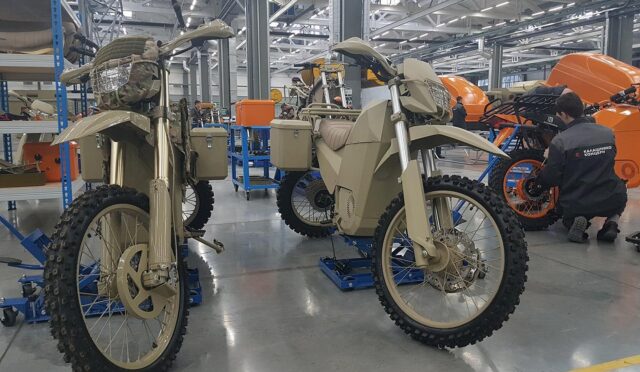Peace Agreement Seeks Resolution in Eastern DRC
Representatives from the Democratic Republic of Congo (DRC) and Rwanda have taken a significant step towards peace by initialing a new agreement designed to bring an end to the long-standing conflict in eastern DRC. This important document, which follows a previously signed declaration of principles from April, is set to be formally signed on June 27. In a joint statement released on Wednesday, both nations, alongside mediators from the United States and Qatar, expressed their commitment to ensure respect for territorial integrity and to prohibit hostilities in the region.
The signing ceremony is expected to have US Secretary of State Marco Rubio in attendance, marking a pivotal moment in the pursuit of peace in the area. This agreement was forged after three days of productive discussions held in Washington, where officials from the DRC and Rwanda addressed key political, security, and economic issues. It also includes essential provisions for the disengagement, disarmament, and conditional integration of non-state armed groups, which have contributed to the ongoing instability.
M23 Group’s Role in the Conflict
The conflict has been exacerbated by the activities of the M23 armed group, which has drawn accusations of receiving military support from Rwanda. This group launched an aggressive offensive at the beginning of the year, quickly seizing control of Goma in late January, followed by Bukavu, establishing governing structures in the regions it dominates. Tragically, this escalation in violence has resulted in the loss of thousands of lives, underscoring the urgent need for resolution.
Eastern DRC, known for its abundant natural resources, has faced violence for over thirty years, intensifying particularly since the resumption of M23’s attacks in late 2021. Rwanda has maintained that a conclusive peace agreement would be reached to end the conflict by mid-June, emphasizing its denial of military support for the M23. Nevertheless, the Rwandan government argues that its security has been jeopardized by armed groups operating from eastern DRC, notably the FDLR, a militia comprised of Hutu extremists responsible for horrific acts during the 1994 genocide.
Regional Tensions and Future Challenges
The long-standing rivalry between DRC and Rwanda has forged a complex relationship, exacerbated by territorial disputes and mutual accusations of supporting insurgencies. As talks progress towards a formal agreement, it is critical for both nations to cultivate trust and accountability, fostering stability in a region plagued by historical grievances.
Looking ahead, the successful implementation of the peace agreement will depend on the commitment of both parties to uphold their pledges. This includes the need to effectively manage armed groups and ensure the reintegration of fighters into society, all while safeguarding the rights and safety of the civilian population. As the international community watches closely, there is cautious optimism for a new chapter in the relationship between the DRC and Rwanda.
